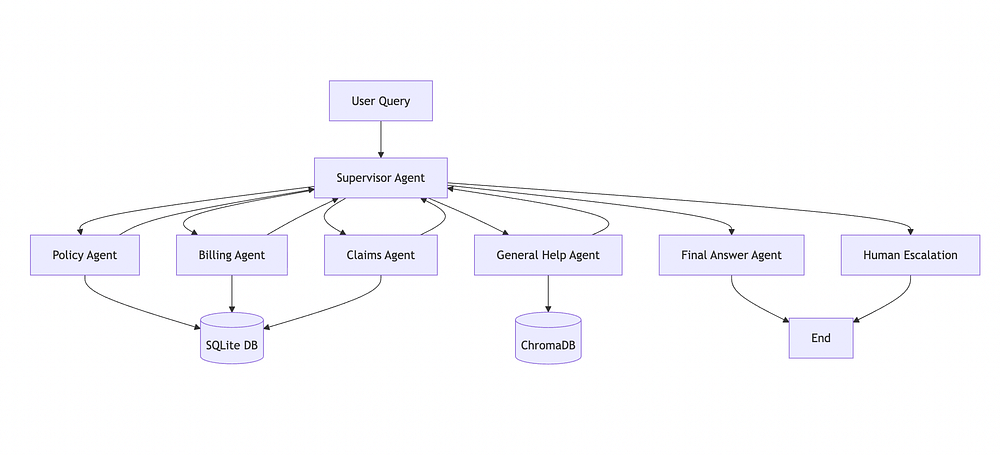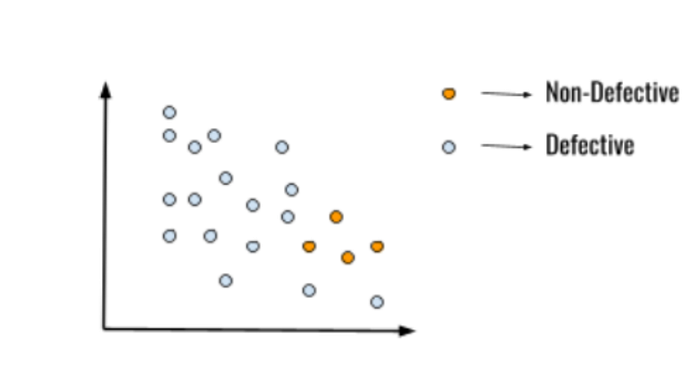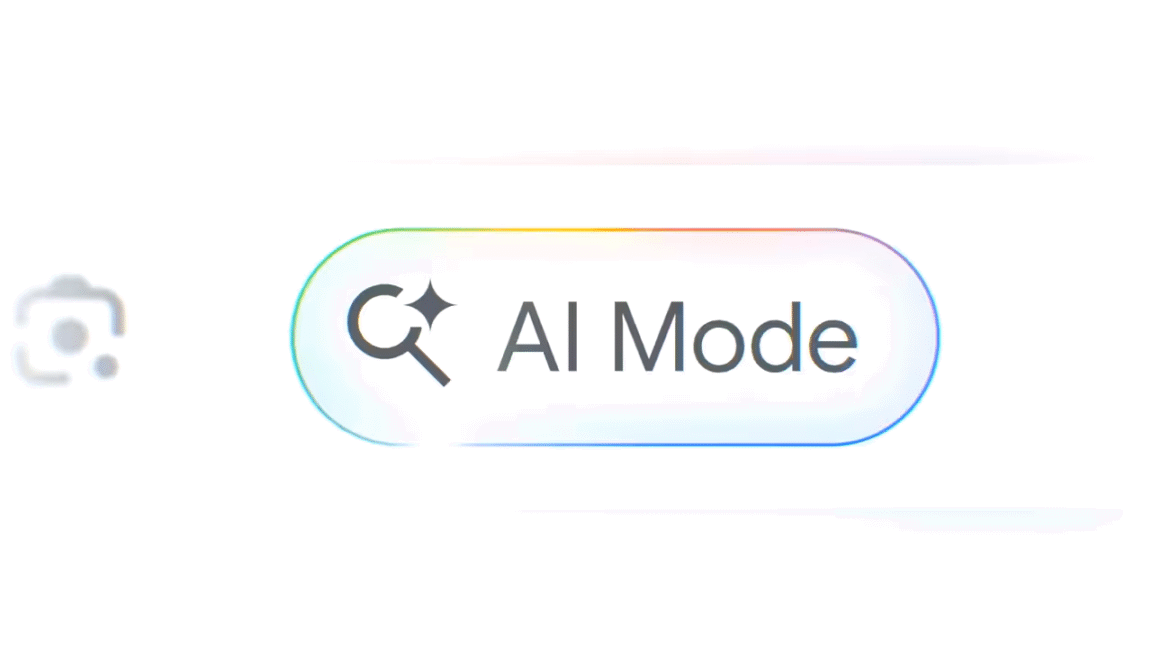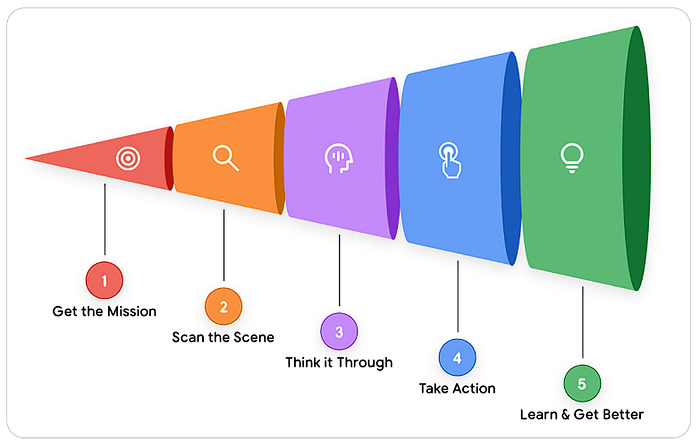Judges Crack Down on Lawyers Using AI-Generated Citations
The use of AI-generated citations in court cases has become a growing concern for judges, with many expressing frustration over the lack of awareness and responsibility shown by lawyers. In a recent case, Judge Nancy Miller made it clear that the responsibility for correcting erroneous and fake citations lies with the lawyer who submitted them, not with opposing counsel or the court.
The Problem with AI-Generated Citations
Judge Miller stated that "such statements display an astounding lack of awareness of counsel’s obligations," and that "the responsibility for correcting erroneous and fake citations never shifts to opposing counsel or the court, even if they are the first to notice the errors." This lack of awareness is not only wasting time but also incurring unnecessary costs.
Consequences of Misusing AI-Generated Citations
Texas US District Judge Marina Garcia Marmolejo agreed with Judge Miller, explaining that even more time is wasted determining how other judges have responded to fake AI-generated citations. She noted that "at one of the busiest court dockets in the nation, there are scant resources to spare ferreting out erroneous AI citations in the first place, let alone surveying the burgeoning caselaw on this subject."
Sanctions for Misusing AI-Generated Citations
At least one Florida court has taken action against a lawyer who misused AI-generated citations. The lawyer, James Martin Paul, was sanctioned more than $85,000 for "far more egregious" conduct than other offenders. The court found that Paul’s actions were "repeated, abusive, bad-faith conduct that cannot be recognized as legitimate legal practice and must be deterred."
A Call to Action
US bankruptcy judge Michael B. Slade has called on all lawyers to stop taking AI shortcuts that are burdening courts. He stated that "at this point, to be blunt, any lawyer unaware that using generative AI platforms to do legal research is playing with fire is living in a cloud." Judge Slade’s comments emphasize the need for lawyers to take responsibility for their actions and to use AI-generated citations ethically.
Conclusion
The use of AI-generated citations in court cases is a growing concern, and judges are taking action to address the issue. Lawyers must take responsibility for ensuring the accuracy of their citations and avoid using AI-generated citations that can waste time and incur unnecessary costs. By doing so, lawyers can maintain the integrity of the legal system and avoid sanctions.
FAQs
- Q: What is the problem with AI-generated citations?
A: AI-generated citations can be erroneous and fake, wasting time and incurring unnecessary costs. - Q: Who is responsible for correcting erroneous and fake citations?
A: The lawyer who submitted the citations is responsible for correcting them. - Q: What are the consequences of misusing AI-generated citations?
A: Lawyers who misuse AI-generated citations can face sanctions, including fines and other penalties. - Q: Why are judges concerned about AI-generated citations?
A: Judges are concerned that AI-generated citations can burden the court system and undermine the integrity of the legal process.











